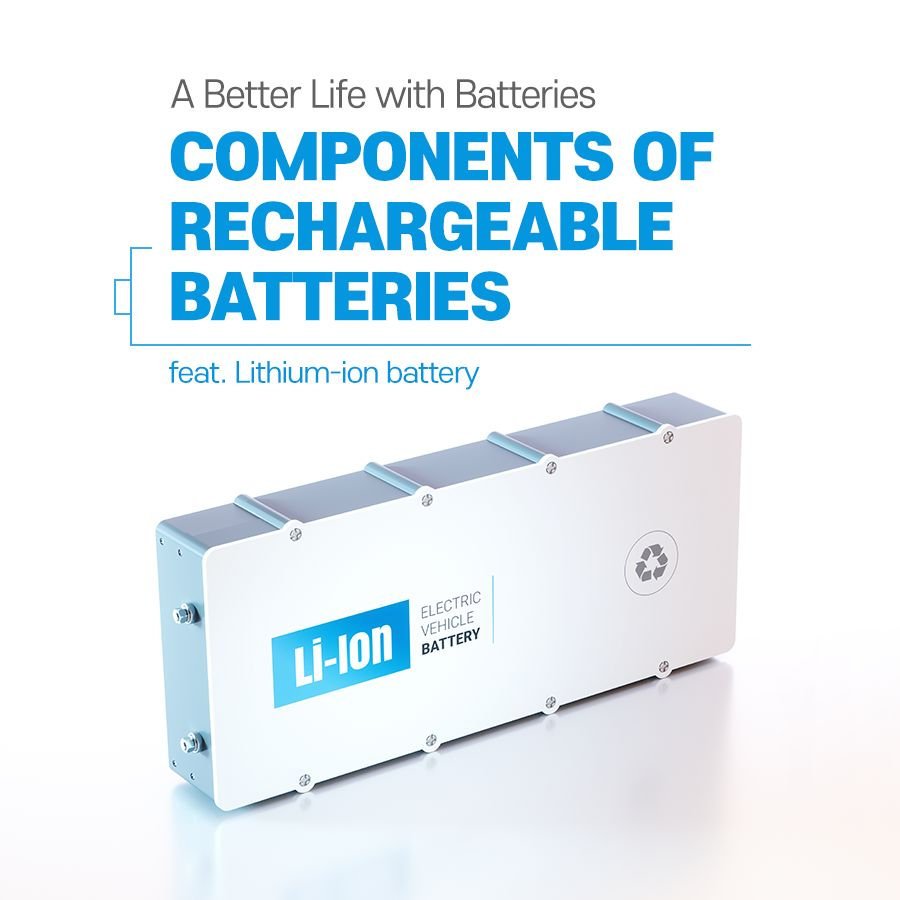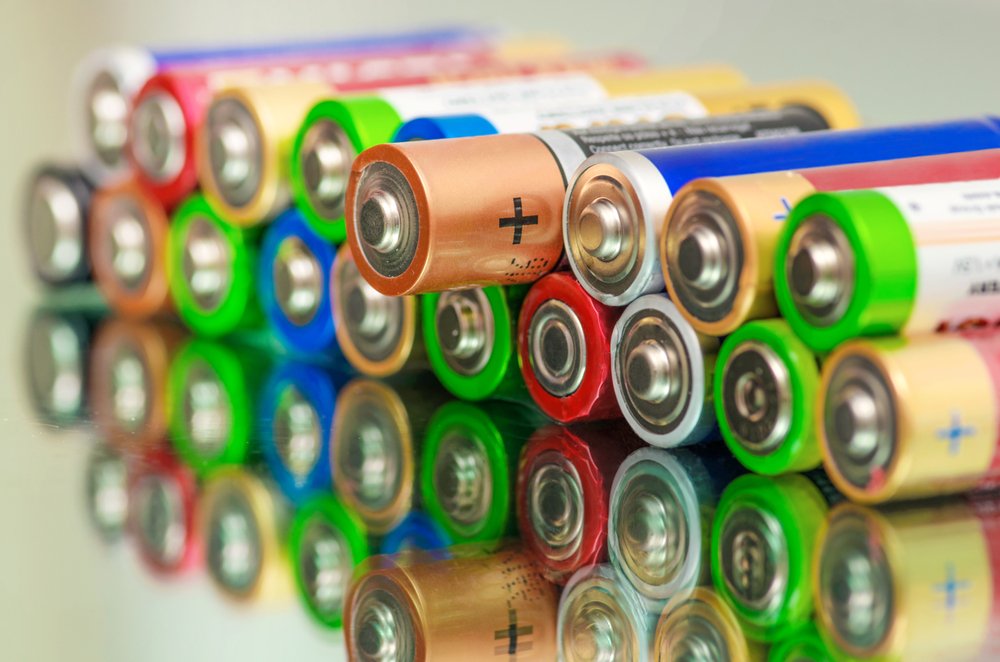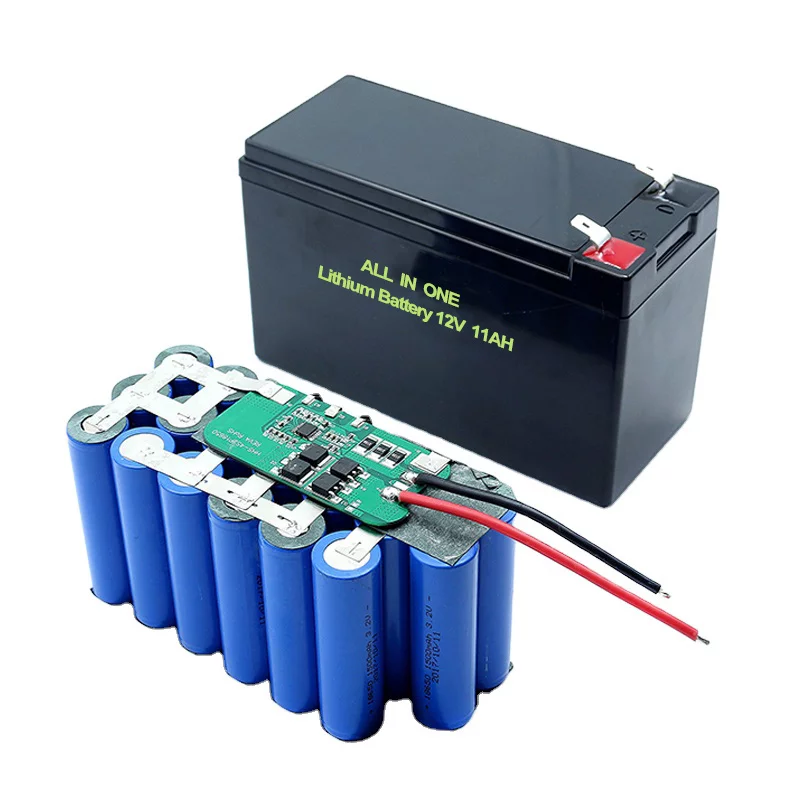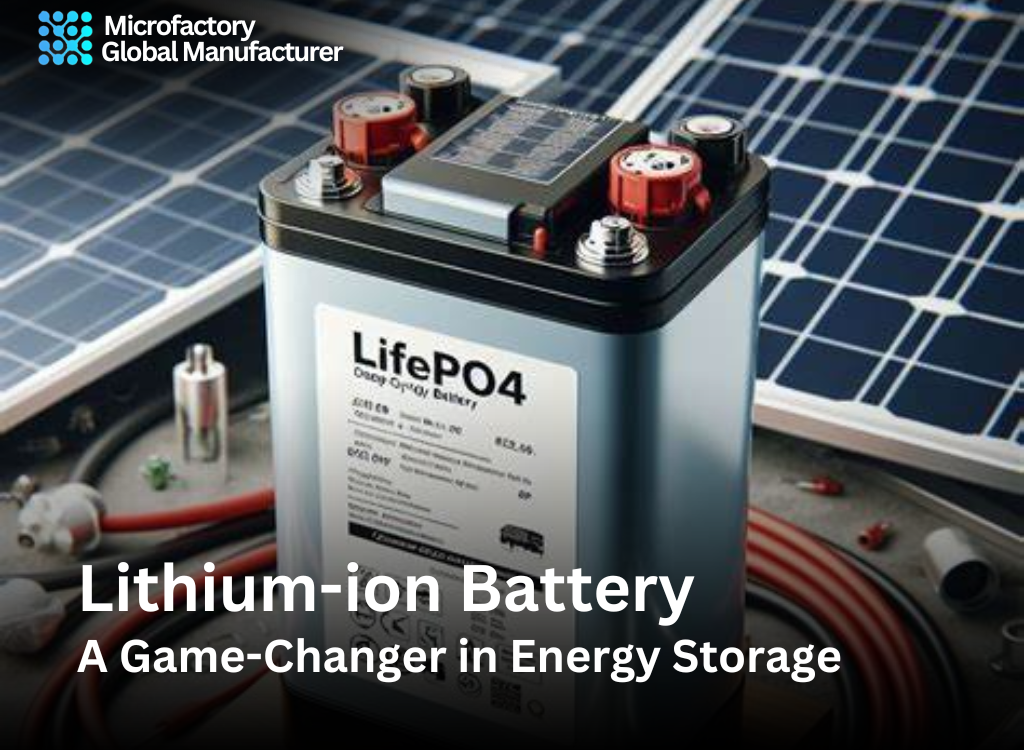In today’s rapidly evolving technological landscape, where energy efficiency, portability, and sustainability are paramount, lithium-ion batteries have emerged as a cornerstone technology. From powering smartphones to electric vehicles (EVs) and grid-level energy storage systems, lithium-ion batteries have revolutionized various industries. This comprehensive article delves into the intricacies of lithium-ion batteries, exploring what they are, their diverse applications, advantages, disadvantages, and prominent manufacturers in India, and concludes with an extensive FAQ section to provide readers with a holistic understanding of this transformative technology.
What is a Lithium-ion Battery?

At its core, a lithium-ion battery is a rechargeable energy storage device that leverages lithium ions as the primary carrier of electric charge between the positive and negative electrodes. Unlike conventional batteries, lithium-ion batteries offer unparalleled advantages such as higher energy density, longer lifespan, and lower self-discharge rates, making them an indispensable component in a wide array of applications.
- A lithium-ion battery is a rechargeable energy storage device.
- It utilizes lithium ions as the primary carrier of electric charge between electrodes.
- Offers higher energy density compared to traditional batteries.
- Features longer lifespan and lower self-discharge rates.
- Widely used in various applications including consumer electronics, electric vehicles, and renewable energy storage systems.
Where Lithium-ion Batteries are Utilized
Consumer Electronics: Lithium-ion batteries power a wide range of consumer electronics devices such as smartphones, laptops, tablets, cameras, and portable gaming consoles, providing longer runtimes and faster charging capabilities.
Electric Vehicles (EVs): Lithium-ion batteries serve as the primary energy storage solution in electric vehicles, powering the vehicle’s electric motor and providing the necessary energy for propulsion. They enable EVs to achieve longer driving ranges and faster charging times compared to other battery technologies.
Hybrid Vehicles: In hybrid vehicles, lithium-ion batteries work in conjunction with internal combustion engines to improve fuel efficiency and reduce emissions. They store energy generated during braking and deceleration, which is later used to assist the engine during acceleration.
Energy Storage Systems (ESS): Lithium-ion batteries are increasingly deployed in grid-level energy storage systems to store excess energy generated from renewable sources such as solar and wind power. These energy storage systems help stabilize the grid, improve energy reliability, and mitigate intermittency issues associated with renewable energy sources.
Portable Power Banks: Lithium-ion batteries are used in portable power banks, providing on-the-go charging solutions for smartphones, tablets, and other electronic devices. They offer convenience and flexibility for users who need to recharge their devices while away from traditional power sources.
Medical Devices: Lithium-ion batteries power various medical devices such as portable oxygen concentrators, defibrillators, insulin pumps, and electronic prosthetics, providing reliable and long-lasting energy sources for critical healthcare applications.
Aerospace and Defense: Lithium-ion batteries are utilized in aerospace and defence applications for powering unmanned aerial vehicles (UAVs), satellites, missile systems, and communication devices. They offer lightweight and high-energy density solutions for demanding aerospace and defence requirements.
Marine and Maritime: Lithium-ion batteries are increasingly being adopted in marine and maritime applications, including electric boats, submarines, and offshore platforms. They provide efficient and environmentally friendly energy storage solutions for marine transportation and offshore operations.
Microgrid and Remote Power Systems: In remote or off-grid locations where access to traditional power infrastructure is limited, lithium-ion batteries are used in microgrid and remote power systems to store and manage energy from renewable sources such as solar panels and wind turbines. They enable reliable and sustainable power generation for remote communities, industrial sites, and telecommunications facilities.
Lithium-ion Batteries images




Advantages of Lithium-ion Batteries
- Exceptional energy density: Allows for compact and lightweight designs without compromising performance, enhancing portability and versatility.
- Longer lifespan: Compared to traditional batteries, lithium-ion batteries have a longer operational lifetime, contributing to cost-effectiveness and reduced environmental impact.
- Rapid charging capabilities: Lithium-ion batteries offer quick replenishment of energy, catering to fast-paced lifestyles and time-critical applications.
- Minimal self-discharge rates: Retains charge for prolonged periods, making them ideal for standby power applications and emergency backup systems.
Disadvantages of Lithium-ion Batteries
- Limited lifespan: Despite their longer lifespan compared to traditional batteries, lithium-ion batteries still degrade over time, eventually requiring replacement.
- Complex recycling process: Recycling lithium-ion batteries can be complex and costly due to the need to recover and separate valuable materials such as lithium, cobalt, and nickel.
- Safety concerns during transportation: Lithium-ion batteries can pose safety risks during transportation, especially if damaged or improperly handled, leading to incidents such as fires or explosions.
- Limited energy density compared to some alternatives: While lithium-ion batteries offer high energy density compared to traditional batteries, some alternative battery chemistries, such as solid-state batteries, may offer even higher energy densities, potentially limiting the competitiveness of lithium-ion batteries in the future.
- Environmental impact of mining: The extraction of raw materials for lithium-ion batteries, such as lithium, cobalt, and nickel, can have significant environmental impacts, including habitat destruction, water pollution, and carbon emissions.
- Dependency on geopolitical factors: The global supply chain for lithium-ion battery materials is often influenced by geopolitical factors, leading to supply chain disruptions and fluctuations in prices.
Lithium Battery Manufacturers in India
India has witnessed a burgeoning growth in the production and adoption of lithium-ion batteries, propelled by governmental initiatives aimed at promoting electric mobility and fostering renewable energy integration. Several companies have emerged as key players in the Indian lithium battery market, including:
- Microfactory: A microfactory is a compact manufacturing facility designed to produce small-scale products or components using advanced manufacturing technologies and automation. Unlike traditional large-scale factories, microfactories are characterized by their smaller footprint, flexible production capabilities, and ability to be deployed closer to end-users or markets.
- Exide Industries Limited: Renowned as one of India’s premier battery manufacturers, Exide specializes in the production of lithium-ion batteries for automotive and industrial applications, leveraging cutting-edge technology and innovation.
- Amara Raja Batteries Limited: Distinguished for its commitment to excellence and sustainability, Amara Raja manufactures lithium-ion batteries for diverse applications ranging from automotive to energy storage, catering to both domestic and international markets.
- Tata Chemicals Limited: With a strategic focus on sustainability and environmental stewardship, Tata Chemicals produces lithium-ion batteries for electric vehicles and stationary energy storage systems, aligning with India’s transition towards a greener and more sustainable future.
- Reliance Industries Limited: Leveraging its vast resources and expertise, Reliance Industries has diversified into the production of lithium-ion batteries for electric vehicles and renewable energy projects, contributing to India’s burgeoning clean energy ecosystem.
Conclusion
In conclusion, lithium-ion batteries have emerged as a transformative force in energy storage, catalyzing innovation and reshaping the landscape of modern technology. Their unparalleled performance, coupled with their versatility and sustainability, position them as the cornerstone of a cleaner, more efficient, and sustainable energy future. While facing certain challenges and limitations, ongoing research and development endeavours are poised to overcome these hurdles and unlock the full potential of lithium-ion batteries, driving progress towards a more electrified and sustainable world.
Microfactory: Global Manufacturer
At Microfactory.tech, we’re not just a manufacturing partner; we’re your gateway to innovation. With cutting-edge technologies and a team of skilled professionals, we’re equipped to handle projects of any size and complexity. From concept to production, we’re dedicated to providing solutions that exceed your expectations. Visit our website to learn more about our services and discover how we can help you bring your ideas to life.
FAQs (Frequently Asked Questions)
Q: Are lithium-ion batteries safe?
A: Lithium-ion batteries are generally safe when handled and maintained properly. However, mishandling or exposure to extreme conditions can pose safety risks such as overheating and fire. It is crucial to follow recommended usage guidelines and employ appropriate safety measures.
Q: What is the lifespan of lithium-ion batteries?
A: The lifespan of a lithium-ion battery varies depending on factors such as usage patterns, charging practices, and environmental conditions. On average, lithium-ion batteries can last several years before experiencing significant degradation in performance and capacity. Proper maintenance and periodic calibration can help prolong their lifespan.
Q: Can lithium-ion batteries be recycled?
A: Yes, lithium-ion batteries can be recycled to recover valuable materials such as lithium, cobalt, and nickel. Recycling not only helps mitigate environmental impact but also conserves finite resources and reduces reliance on virgin materials. Many countries and regions have established recycling programs and regulations to ensure the safe and efficient recycling of lithium-ion batteries.
Q: What advancements can be expected in lithium-ion battery technology?
A: The field of lithium-ion battery technology is continually evolving, with ongoing research focused on enhancing performance, increasing energy density, and improving sustainability. Promising developments include the utilization of alternative materials, such as solid-state electrolytes and silicon anodes, to enhance energy storage capacity and safety. Additionally, advancements in manufacturing processes and electrode design aim to streamline production and reduce costs, making lithium-ion batteries more accessible and affordable for widespread adoption.
By harnessing the power of lithium-ion batteries and embracing technological innovation, we can accelerate the transition towards a cleaner, more sustainable, and electrified future, driving positive change for generations to come.



